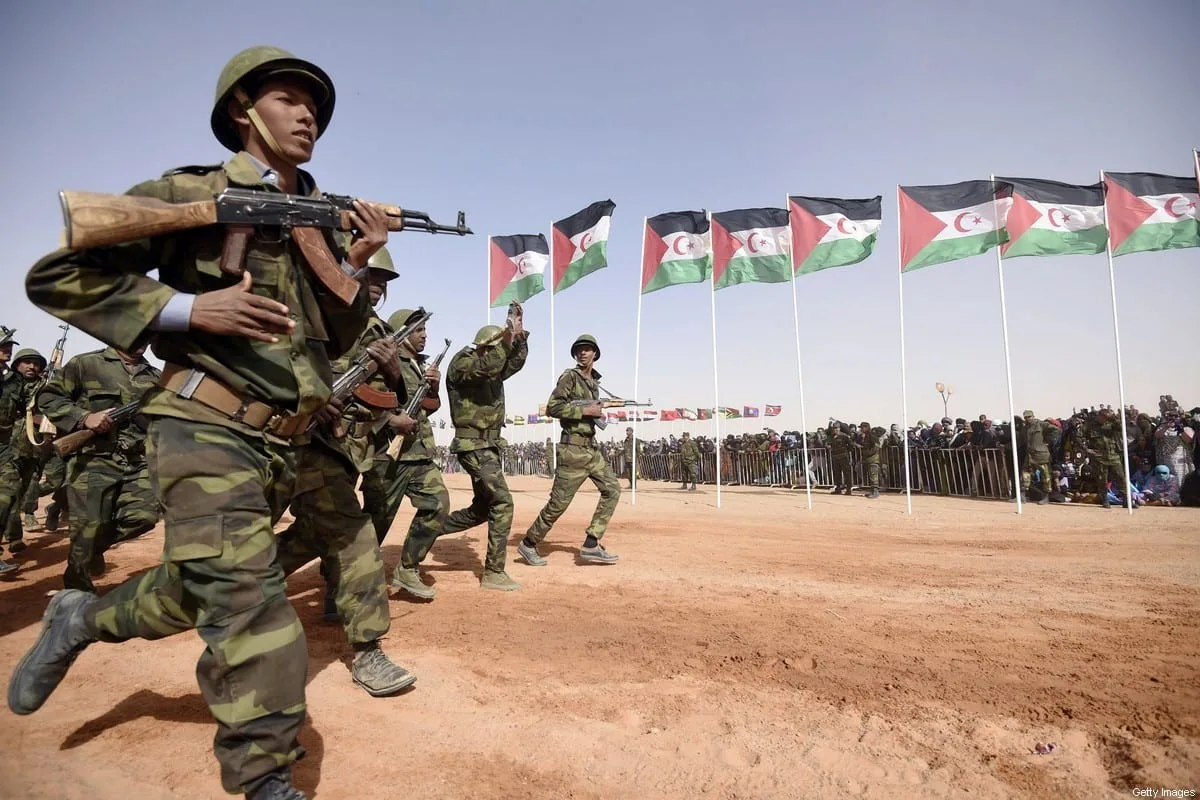
SOUTH LEBANON — Lebanese actress Nadine Al-Rassi sparked widespread anger when she addressed the IOF Arabic spokesman, Avichay Adraee, regarding the airstrikes that targeted Beirut’s southern suburbs on the eve of Eid al-Adha.
Al-Rassi said, “Avichay, is there any way you can stop this game? The people of Lebanon are not that few that you can say, ‘Beware the people of Lebanon?’ Specify who you are referring to geographically. You can say, ‘Beware, people of Beirut, people of Nabatieh’ as we are welcoming tourists and we are promised investment projects. Please specify which area and which street.”
Adraee reposted Al-Rassi’s video on his X, commenting: “Greetings to Ms. Nadine Al-Rassi. I followed your recent statement. I would like to clarify that my words were not directed against the Lebanese people in general, as they were understood or intended to be understood, as we differentiate and discriminate between you. We have never had a problem with the Lebanese state or the generous Lebanese people. We have no interest in disrupting Lebanese tourism or harming its image.”
Adraee added, “When some Lebanese territories are used for terrorist purposes against us, the problem becomes real.”
Immediately after the video went viral, angry comments poured in on Al-Rassi, with many dubbing her words as “low-level and inflammatory” and merely reflecting her obsession with fame during a tragic moment for Lebanon.
Some accused her of being a “traitor”. Some said: “Woe to you, don’t you have any shame when the children of Beirut’s southern suburbs were terrified on Eid night!”
Critics unanimously agreed that Al-Rassi is like the rest of the anti-Resistance groups in Lebanon, which are fully subservient to the Israeli regime against the popular base of the Resistance.
Obviously, Al-Rassi’s sole concern is the comfort of tourists from Persian Gulf Arab and Western states, rather than solidarity with her compatriots who had been forcibly displaced from their homes.
Following the wave of harsh criticism, the Lebanese Ministry of Information warned citizens against communicating, directly or indirectly, with the spokesperson for the Zionist army or its affiliated media outlets.
“All honorable citizens, especially influencers, artists, and media professionals, are urged to completely refrain from any form of direct or indirect communication with the spokespersons for the Israeli enemy army or its affiliated media outlets, regardless of the pretext or justification,” the Ministry of Information warned.
It also warned that “this type of interaction constitutes a clear violation of Lebanese laws, particularly those related to boycotting the Israeli enemy, exposing the perpetrator to legal accountability under applicable laws.”
The ministry stressed the need to “exercise national awareness and responsibility when dealing with digital content, in order to preserve Lebanese sovereignty and the supreme national interest.”
Despite fears that the ongoing U.S.-led Israeli aggression on Lebanon could expand into a full-scale war, the fame-obsessed individuals continue to fall into the traps of malicious Zionist propaganda run by Adraee on his virtual pages.
Al-Rassi and others are fully aware that this type of communication constitutes digital normalization with the Israeli enemy, which poses a threat to public opinion, as these individuals deliberately promote the Israeli narrative (Hasbara).
Hasbara’s goal is to perpetuate an alleged “morality of Zionist principles” and other lies, which have been exposed during the ongoing aggression against the Palestinian people.
The Al Aqsa Flood Operation has prompted the enemy to employ a network of digital public relations to defy counter-narratives, according to a study by the Al Jazeera Center for Studies entitled “Digital Public Relations Strategy and Its Functions in the Israeli Wars on Gaza (2021-2022-2023),” which analyses a sample of Adraee’s posts and user interaction patterns.
Digital public relations is defined as the communication between an organization and its online audiences to build two-way communication.
Indeed, the proliferation of social media has made it easier for dominant political systems to disseminate their ideas, promote their agendas, and gain the trust of their audiences.
According to the aforementioned study, traditional and digital public relations are the natural heirs of “propaganda” as they overlap functionally with neocolonial policies.
The Israeli occupation regime relies on the Arabic language to bolster its image as a “peaceful” regime open to other cultures, just as Adraee does through social media platforms in a bid to polish Israel’s criminal image in the Arab mindset.
In 1997, William Pinault proposed what he called “Message Options During Crisis to Repair an Institution’s Reputation,” employing various strategies such as denial, evasion of responsibility, and minimizing the severity of any event.
Repairing the recipient’s image is based on Aristotle’s Technical Arguments, namely: the speaker’s reputation, the emotion used, and logic.
Ardaei employs this in his platforms to manipulate users’ minds and emotions in order to repair the bloody image of his colonial entity and place blame and demonization on those who resist. Hence, Adraei focuses on highlighting opposing dichotomies such as:pacifist? terrorist; lover of life? lover of death, etc.



